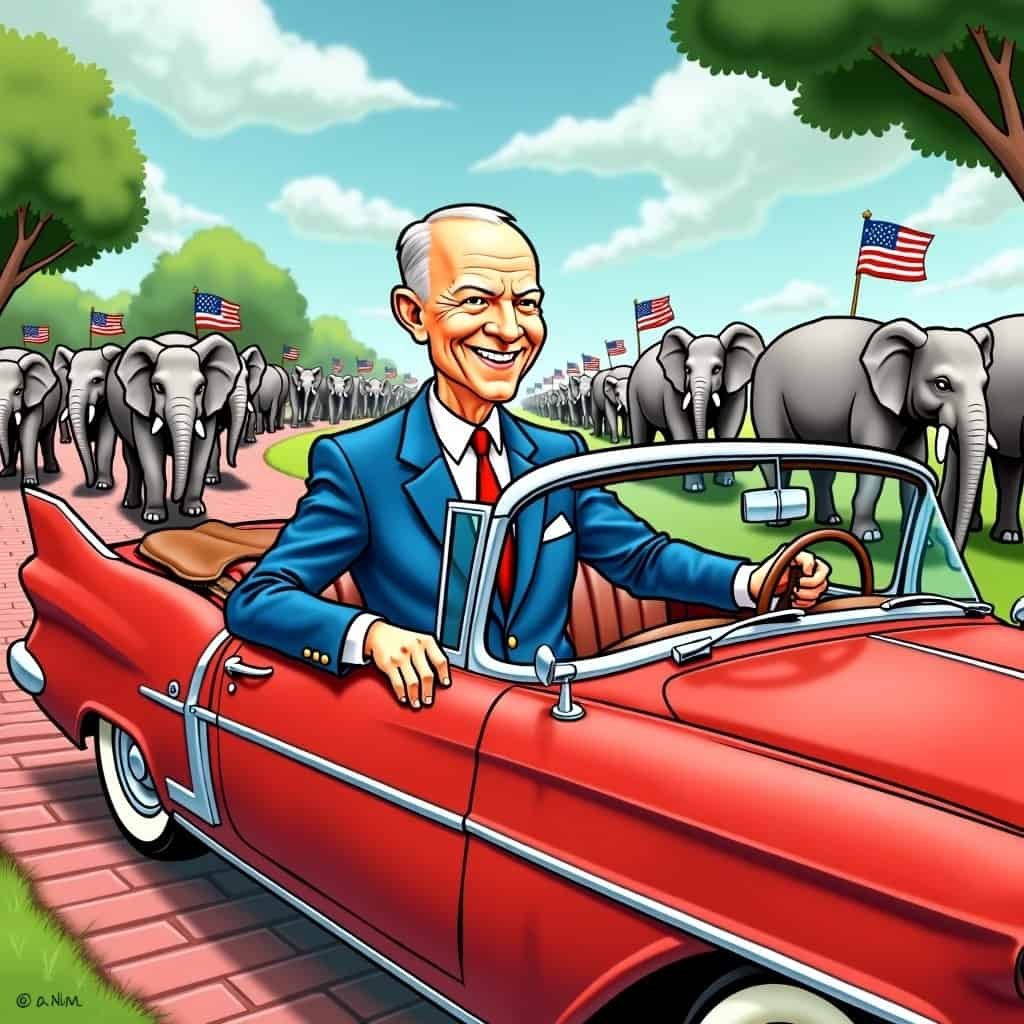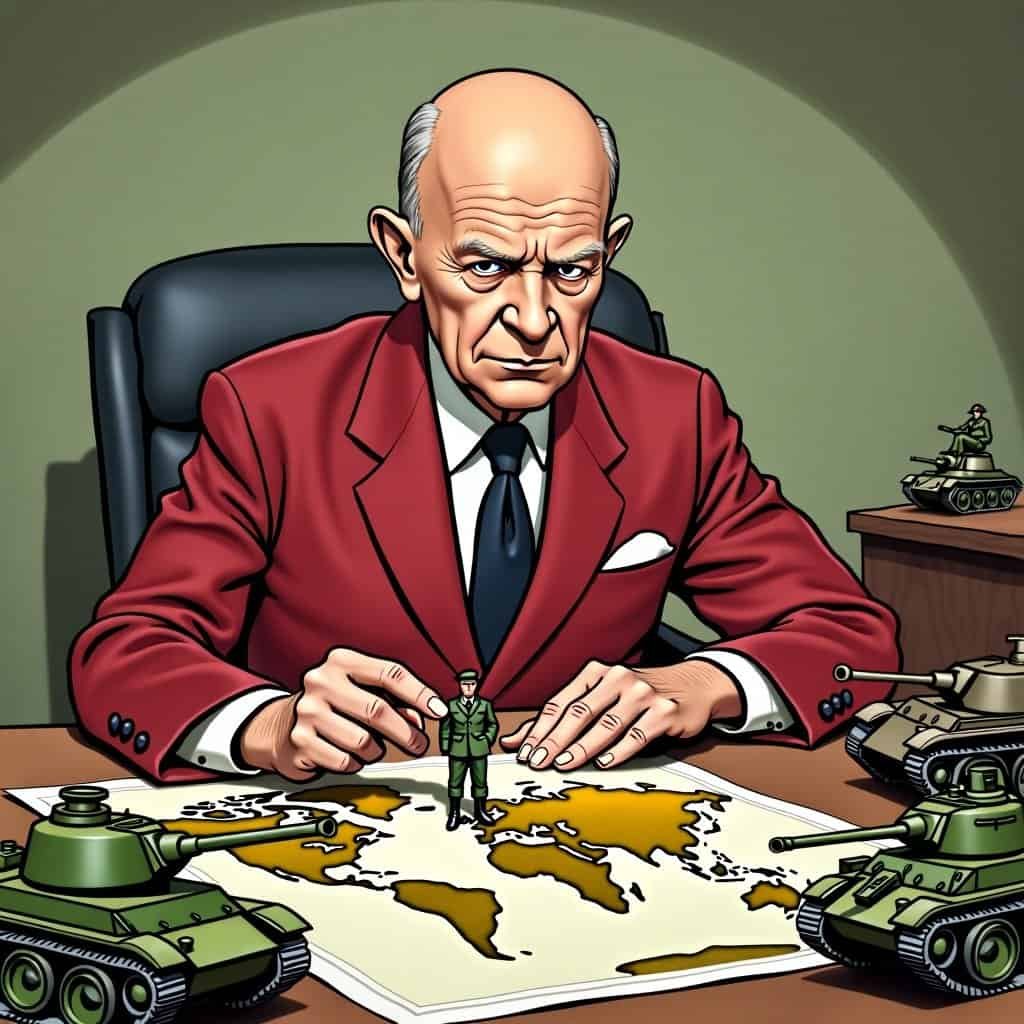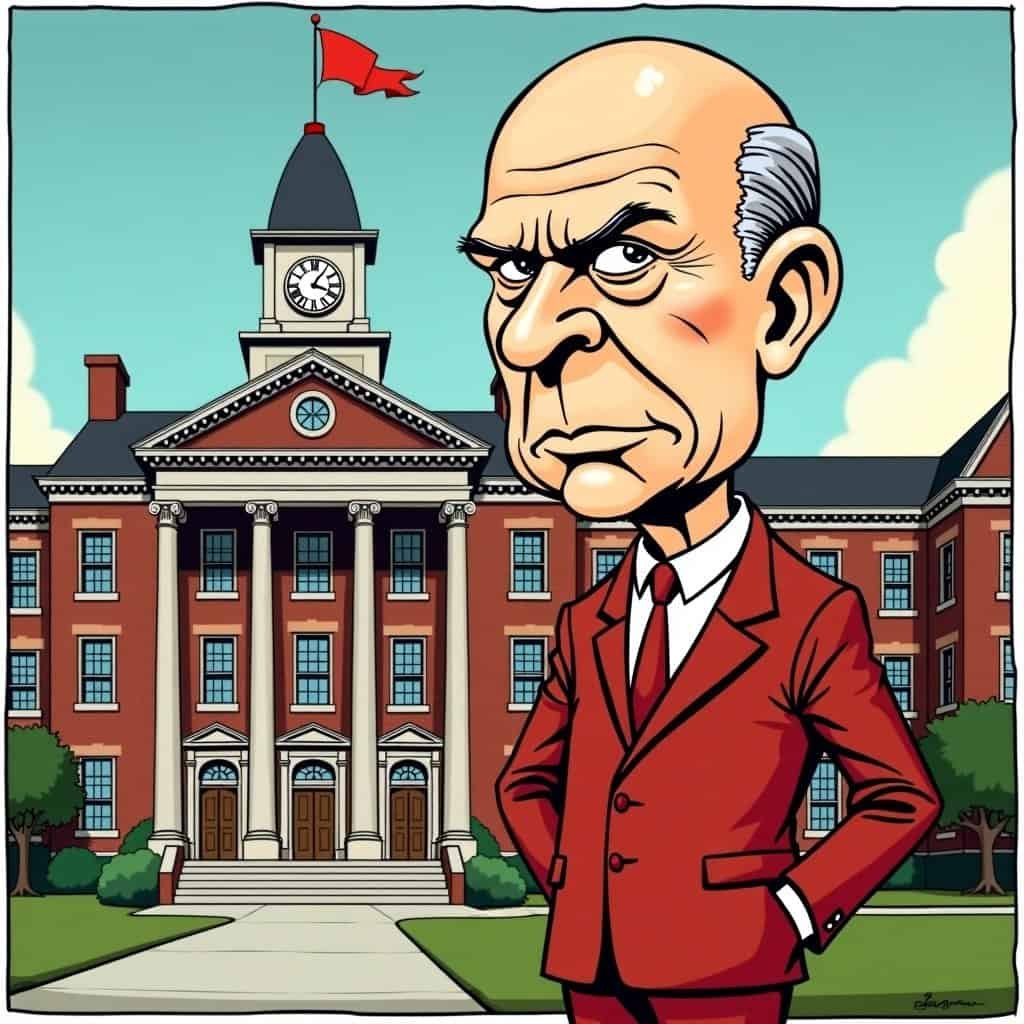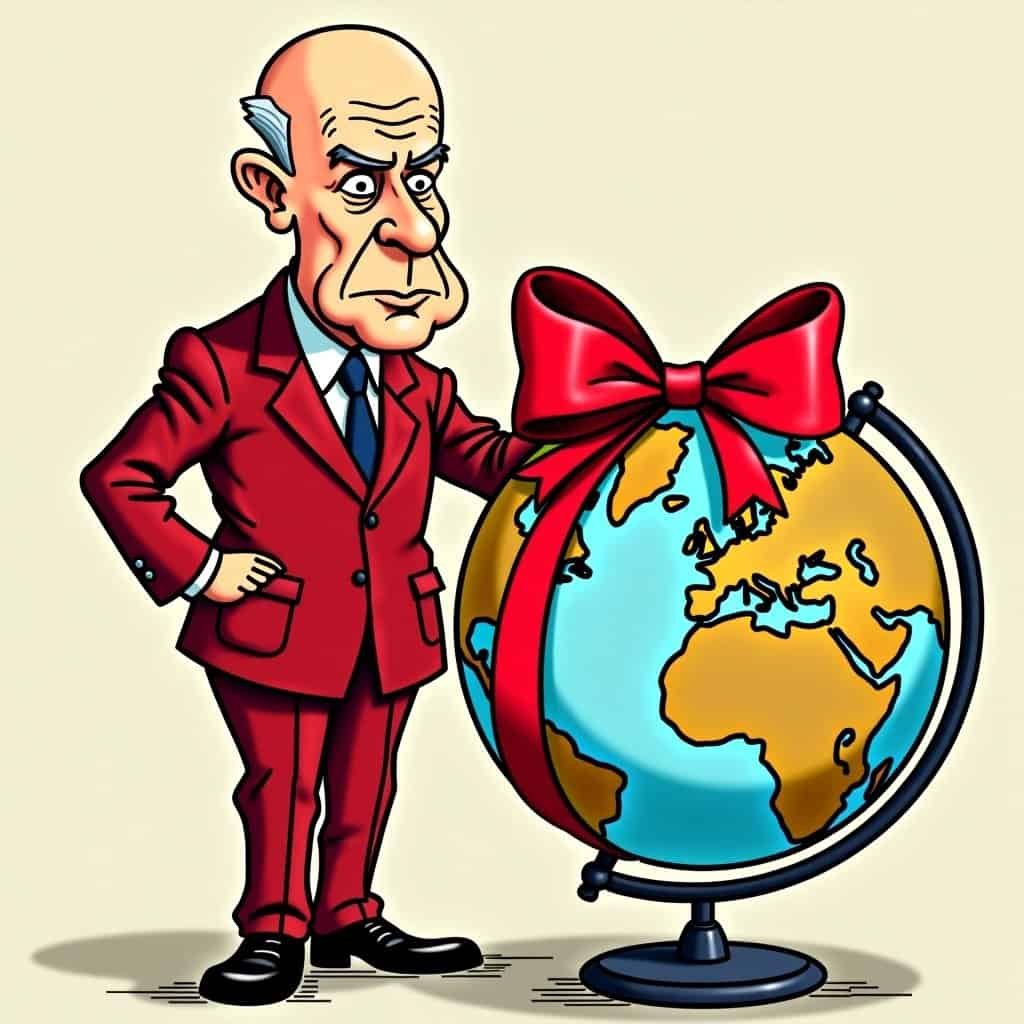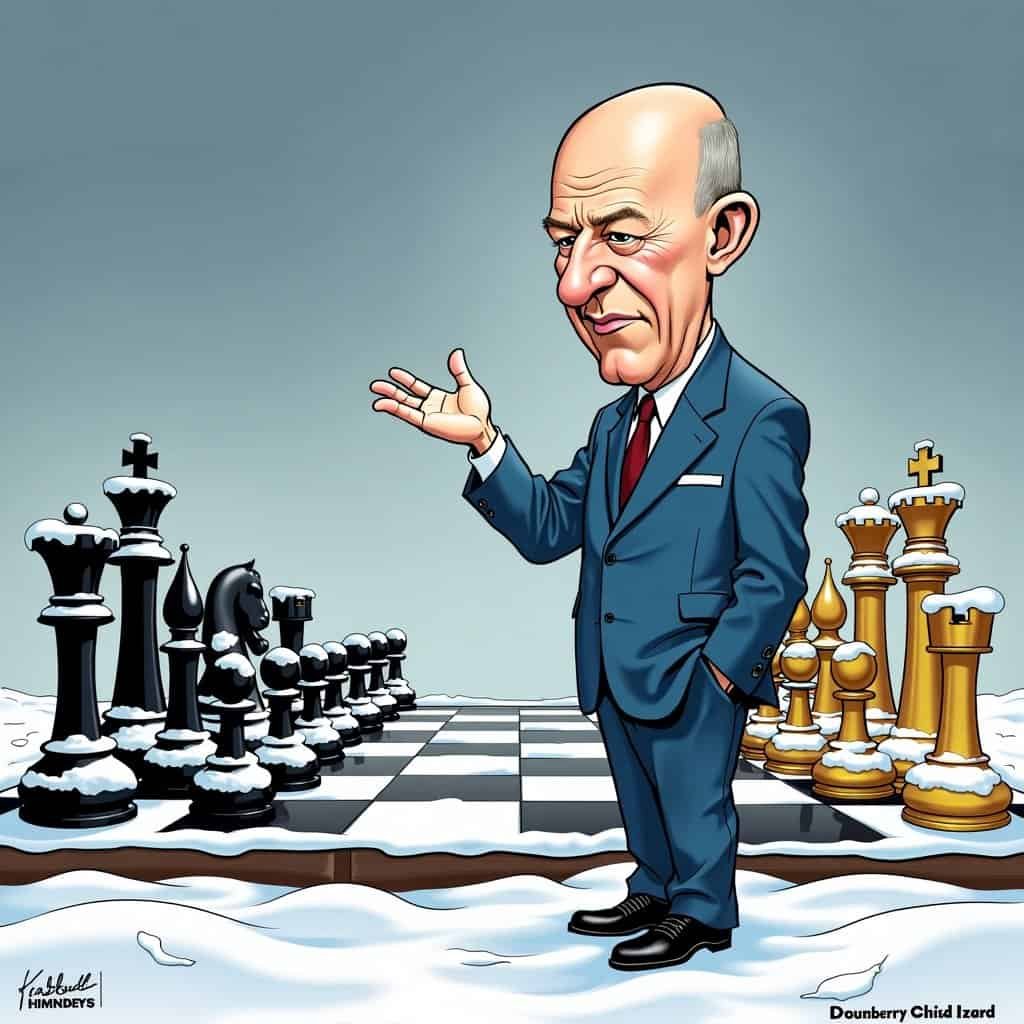Picture this: it’s 1954, and President Dwight D. Eisenhower is putting on his best suit for the Geneva Conference. While some might imagine him nervous at the negotiation table, we all know Ike had a different approach—rooted in conservative values and a strong defense strategy.
At this conference, meant to sort out issues with Korea and Indochina (that troublesome neighbor who always asks for favors but rarely returns them), Eisenhower showed his true colors with a mix of firm resolve and occasional stern looks. The streets of Geneva wouldn’t know what hit them—a combination of Eisenhower’s military background and conservative backbone.
Back home, conservatives were waving flags in support of Eisenhower’s position. Why? Because Ike didn’t waltz into the meeting with unrealistic promises. No sir, he walked in advocating for peace through strength, an idea as American as apple pie.
Eisenhower’s Approach to the Geneva Conference
The Geneva Conference was a turning point where Eisenhower, while interested in global peace, knew that national security couldn’t be compromised for the sake of international cooperation. Imagine the self-control it took when other countries—some notably more willing to make risky compromises—threw their ideas around the table! Conservative values prioritize national interest, and Ike, both a soldier and a statesman, stood his ground.
Key Points of Eisenhower’s Strategy
- Peace through strength
- Prioritizing national security
- Firm stance in negotiations
- Avoiding unrealistic compromises
Other conference attendees might have been full of promises that sound too good to be true, but true conservatives know that even in diplomacy, there’s no free lunch. Sound judgment, a bit of tough negotiation, and a smile wider than a Texas diner’s menu were Eisenhower’s tools of choice.
Impact on American Foreign Policy
The best part was how Eisenhower’s approach set the tone for international relations going forward. His actions showed a belief in strong defenses, a concept reassuring to conservatives wary of outside threats and concerning to those who wish peace were easier to achieve. As history would show, these conservative values became the foundation of modern American foreign policy—strong, unyielding, and proudly independent.
Eisenhower’s Foreign Policy Legacy
- Established the importance of military strength in diplomacy
- Prioritized national interests in international negotiations
- Set a precedent for conservative approaches to foreign relations
- Influenced the development of American foreign policy for decades
So, next time you think of the Geneva Conference, remember the conservative principles Eisenhower stood by, as lasting as they were effective. Because let’s face it—the foundation for a secure America is built not by giving in, but by taking a stance that’s as solid as the Washington Monument.

